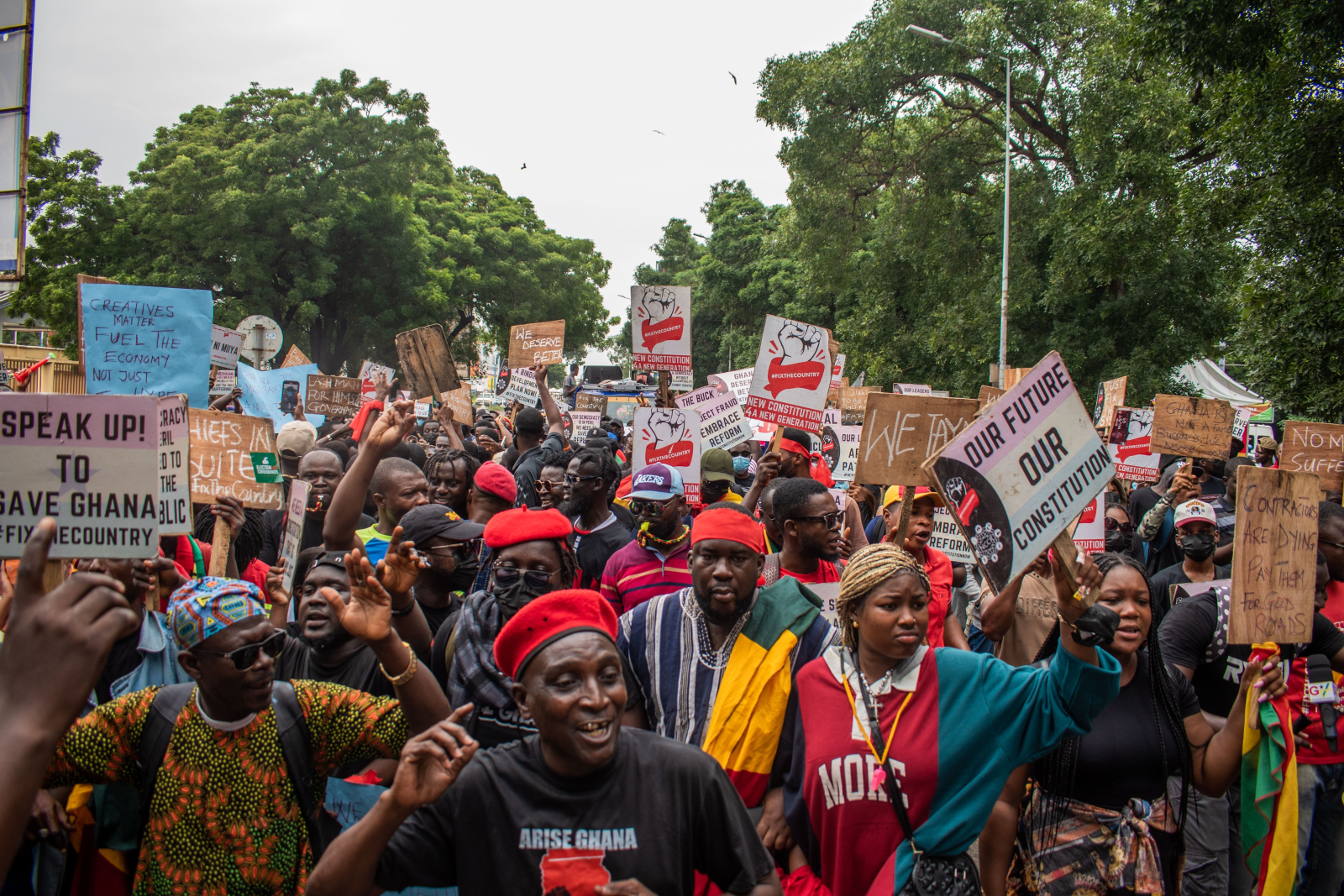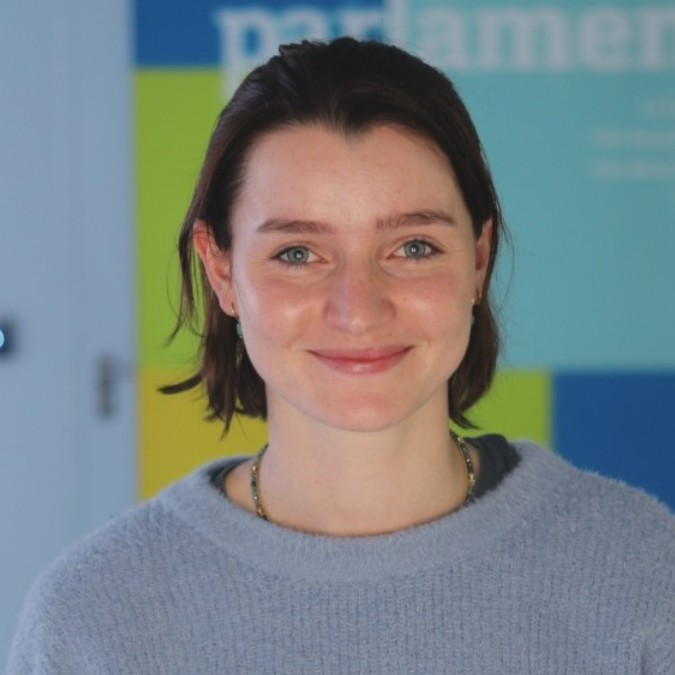Doing Politics in African Cities: Actors, Causes and Forms of Urban Social Mobilization

Practical information
Accessibility
Themes and regions
Related centers and programs

From Maputo to Nairobi and from Lagos to Dakar: recently, African cities have been the theatre of mobilizations by groups of young protesters.
While the causes behind these mobilizations are diverse, we can observe two common and relatively constant underlying dynamics: firstly, cities are growing fast. It is estimated that by 2050, a third of the continent's population will live in urban areas. Secondly, their populations are increasingly young. People aged between 18 and 35 currently account for 65% of the African population, and this figure is expected to rise to 75% by 2030. The consequences of unanticipated and poorly regulated urbanization, combined with the growing demands of a younger generation, are influencing politics, and manifesting themselves in the claims underlying these mobilizations.
This webinar assesses the actors, causes and forms of social mobilizations in the cities of Mozambique, Ghana, and Nigeria. It will question a particular intersection between urbanization, demographic trends, and politics in Africa: why, how, and when do young city dwellers mobilize and participate in political processes? What do these mobilizations, and the responses of public authorities tell us about political and social transformations in Africa more broadly?
Speakers:
Dercio Tsandzana, lecturer, Eduardo Mundlane University
Joel Ansah, PhD, Sciences Po/CERI
Discutant:
Lena Gutheil, researcher, German Institute of Development and Sustainability
Moderator:
Alain Antil, Director of Sub-Saharan Africa Center, Ifri
Replay
Contact
If you don't have an account, you can register by sending an email to: [email protected]
Lise LESIGNE
Former Project Officer, Sub-Saharan Africa Center, Turkey/Middle East Program, Ifri
Related Subjects
Other events

EV Supply Chains for Japan and Europe: Strengthening Economic Security
Economic security aims to ensure the resilience of supply chains for key industries: the case of electric vehicle production in Japan and Europe will be discussed.






